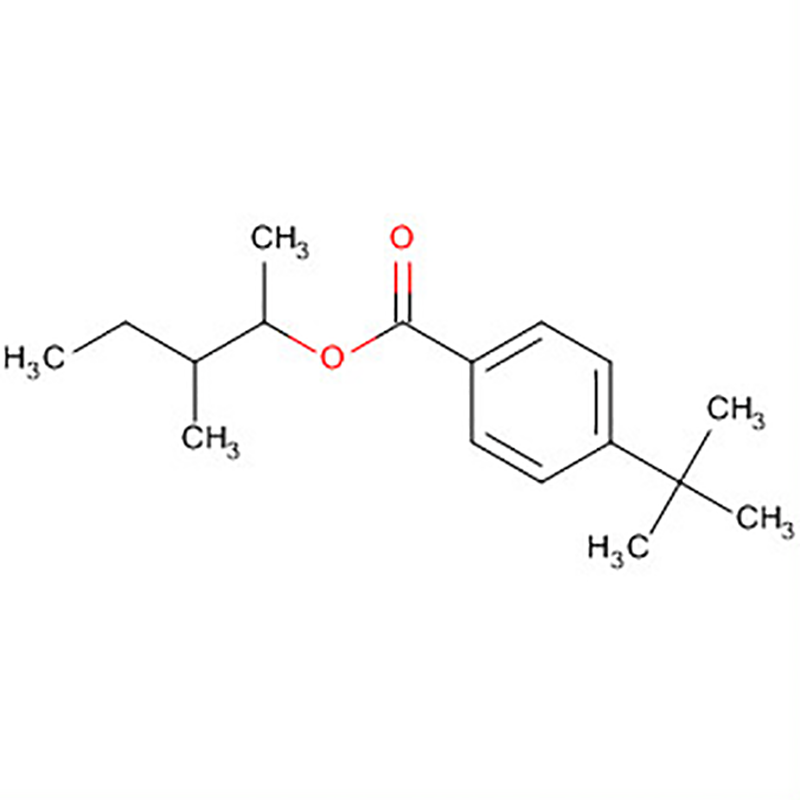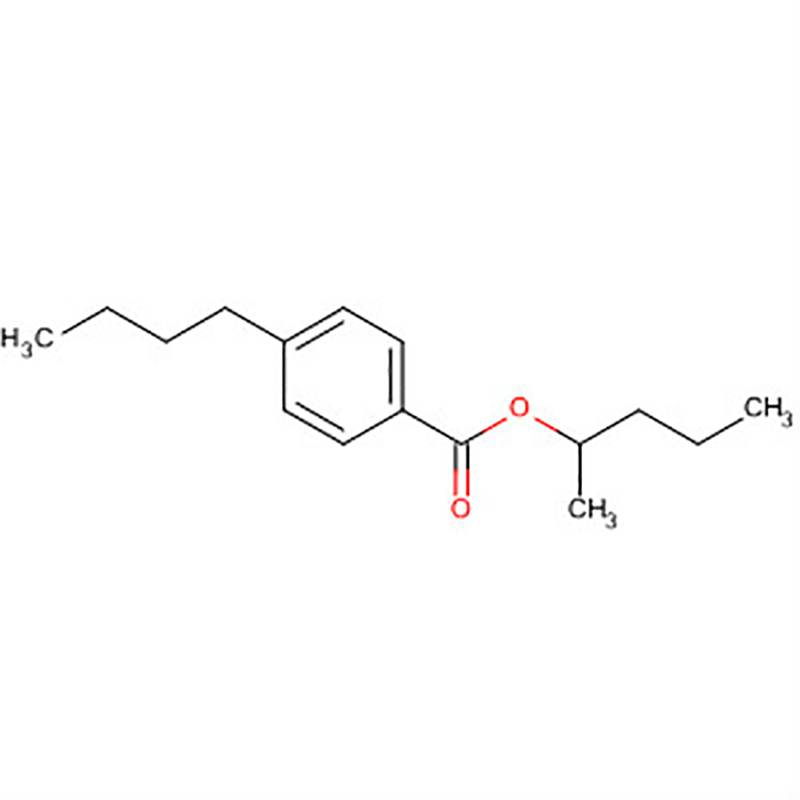-
Categories
-
Pharmaceutical Intermediates
-
Active Pharmaceutical Ingredients
-
Food Additives
- Industrial Coatings
- Agrochemicals
- Dyes and Pigments
- Surfactant
- Flavors and Fragrances
- Chemical Reagents
- Catalyst and Auxiliary
- Natural Products
- Inorganic Chemistry
-
Organic Chemistry
-
Biochemical Engineering
- Analytical Chemistry
-
Cosmetic Ingredient
- Water Treatment Chemical
-
Pharmaceutical Intermediates
Promotion
ECHEMI Mall
Wholesale
Weekly Price
Exhibition
News
-
Trade Service
1-(Cyclopropanecarbonyl)piperazine, commonly abbreviated as CPP, is a chemical compound that has found wide applications in the chemical industry.
It is an organic compound with a unique structure, consisting of a six-membered cyclopropane ring and a carbonyl group (-CO-) attached to the nitrogen atom of a piperazine ring.
CPP has a diverse range of applications in the chemical industry due to its unique chemical properties.
It is soluble in water and other polar solvents, which makes it an ideal building block for the synthesis of water-soluble polymers.
CPP can also be converted into other useful compounds through various chemical reactions, such as esterification, amidation, and alkylation.
One of the most common applications of CPP is in the production of water-soluble polymers.
By reacting CPP with other water-soluble monomers, such as polyethylene glycol or polyvinyl alcohol, it is possible to synthesize water-soluble block copolymers or graft copolymers, respectively.
These copolymers have a wide range of applications in various industries, including pharmaceuticals, cosmetics, and personal care products.
CPP can also be converted into other useful compounds through esterification reactions.
For example, by reacting CPP with carboxylic acids, such as acrylic acid or itaconic acid, it is possible to synthesize esters that can be further converted into polymers or other chemicals.
Another application of CPP is in the synthesis of peptides and proteins.
By reacting CPP with amino acids or peptides, it is possible to synthesize new peptides or proteins with unique properties.
This is particularly useful in the pharmaceutical industry, where new peptides and proteins can be used to develop new drugs or diagnostic agents.
In addition to its chemical applications, CPP has also been found to have some biological activities.
For example, it has been shown to have antioxidant and anti-inflammatory properties, which make it a promising candidate for the treatment of various diseases.
Overall, 1-(cyclopropanecarbonyl)piperazine is a versatile chemical compound with a wide range of applications in the chemical industry.
Its unique structure and chemical properties make it a valuable building block for the synthesis of water-soluble polymers, esters, peptides, and other chemicals.
As research continues to uncover new applications for CPP, it is likely that its use will continue to grow in the chemical industry.







